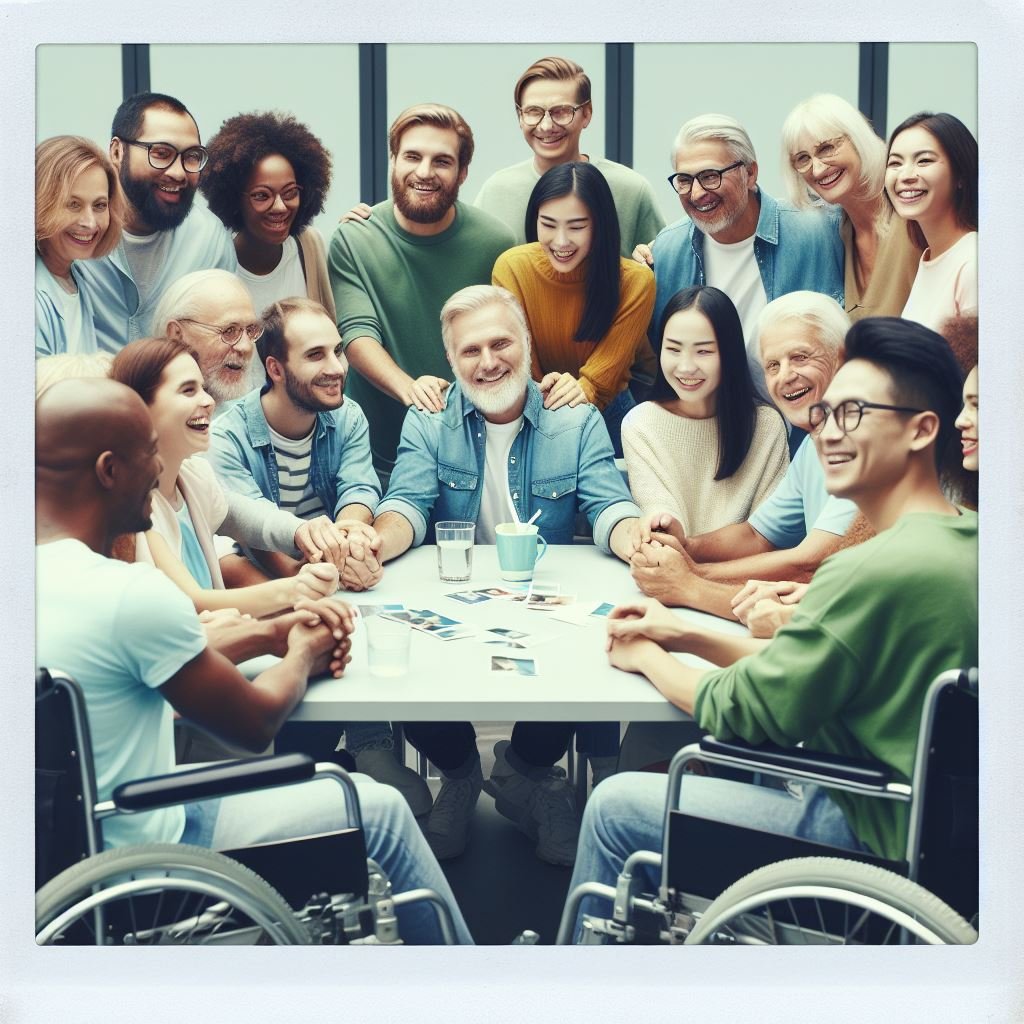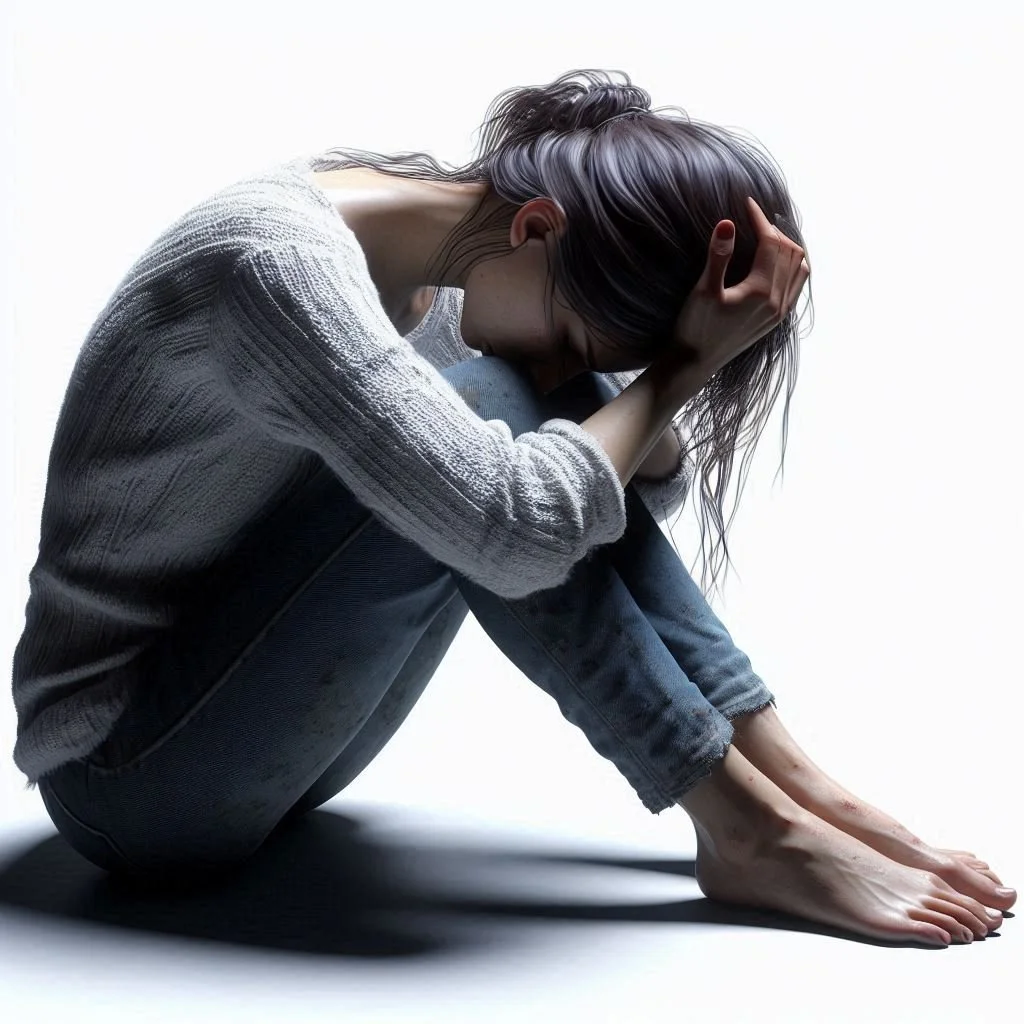How to Choose the Right Brain Injury Support Agency in Connecticut: Questions to Ask and Red Flags to Avoid
Choosing a brain injury support agency is one of the most important decisions a survivor and their family can make. Whether you’re new to the Connecticut ABI Waiver or exploring a change in providers, the quality and fit of your support team can dramatically impact your recovery, independence, and quality of life.
While the conflict-free referral process aims to reduce bias in provider selection, it’s far from perfect. Survivors and families must take initiative to interview providers, visit programs, and ask the right questions to ensure the best match.
Protecting Those Who Protect Us: Addressing Traumatic Brain Injury Risks Among Police Officers
Police officers face heightened risks of traumatic brain injuries (TBIs), leading to complex PTSD and other mental health challenges. Discover how The Supported Living Group (SLG) in Connecticut offers specialized support for officers and first responders affected by TBIs.
Is the Risk of Brain Injury from Contact Sports Overstated? What Connecticut Families Need to Know
The discussion around brain injuries in contact sports has become increasingly prevalent, with growing concerns about the long-term effects of concussions and repetitive head trauma. However, recent research suggests that media coverage may sometimes exaggerate these risks, leading to heightened public anxiety.
The Unseen Crisis: Limited ABI Waiver Slots and Their Impact on Brain Injury Survivors.
The human capacity for resilience is extraordinary, but when it comes to recovering from a brain injury, the journey can often seem insurmountable. For survivors, the road to independence and reintegration into society requires not only personal determination but also adequate systemic support. In the United States, one of the most vital lifelines for survivors of acquired brain injuries (ABI) is the Medicaid ABI Waiver program. However, a severe shortage of available waiver slots across the country, including Connecticut, has created a crisis for brain injury survivors and their families—a crisis that warrants urgent attention.
Protecting Roofers from Traumatic Brain Injuries: Safety Measures for Connecticut's Construction Workforce.
Roofing is one of the most physically demanding and hazardous jobs in the construction industry, and in Connecticut, the risks are no exception. Among the many dangers roofers face, traumatic brain injuries (TBIs) pose some of the most serious threats. A recent article from Roofing Contractor highlights startling data: roofers have the highest rate of fatal TBIs in the construction industry. This statistic underscores the need for better safety practices, education, and awareness to protect workers in our state.
Supporting a Brain Injury Survivor During the Holidays: Tips for Family Members in Connecticut
The holiday season is a time for celebration, connection, and reflection. However, for families of brain injury survivors, this time of year can also bring unique challenges. From sensory overload to changes in routine, navigating the holidays requires extra care and understanding. At The Supported Living Group, we understand the importance of creating a supportive environment for survivors and their loved ones.
Supporting Your Adult Child After a Brain Injury: Essential Tips for Connecticut Families
Caring for an adult child who has experienced a brain injury presents unique challenges and requires a comprehensive approach to ensure their well-being and independence. In Connecticut, families have access to valuable resources, such as the Acquired Brain Injury (ABI) Waiver Program, designed to support individuals in community settings. Here are some essential tips to guide you through this journey.
Exploring the Potential Links Between Long-COVID and Brain Injury
As the world continues to uncover the long-term effects of COVID-19, one area of growing concern is the impact on brain health. For those who have experienced long-COVID symptoms, the overlap with symptoms of brain injury is striking—issues such as memory loss, cognitive impairment, fatigue, and mood changes are increasingly common. At The Supported Living Group, we aim to shed light on these potential links to help families, caregivers, and survivors of brain injury understand and navigate this complex topic.
The Opioid Crisis and Its Hidden Brain Injury Epidemic
The opioid crisis has long been a devastating public health issue, but a lesser-known consequence is the rise of brain injuries linked to opioid overdoses. When someone overdoses, the lack of oxygen to the brain (hypoxia) can lead to long-term cognitive and neurological damage. This hidden epidemic disproportionately affects vulnerable populations, exacerbating an already critical health issue.
The Crucial Role of Family Support in Brain Injury Recovery
Brain injury recovery is a complex journey, often filled with physical, emotional, and cognitive challenges. For individuals navigating this path, family support is an essential pillar that can significantly influence the recovery process. At The Supported Living Group, we recognize the importance of not just professional care but also the strength and resilience that family members bring to the recovery experience. In this blog, we explore how family support can make a tangible difference and the resources available to Connecticut families through our comprehensive brain injury support services.
The Impact of Horticultural Therapy on Brain Injury Recovery: SLG’s Initiatives with Healing By Growing Farms
Horticultural therapy has emerged as a powerful tool in the rehabilitation of individuals with brain injuries, offering numerous cognitive, physical, and emotional benefits. Engaging with nature through gardening and plant-based activities can foster a sense of purpose, reduce stress, improve mood, and enhance fine motor skills. This therapeutic approach allows individuals to reconnect with their environment in a meaningful way, promoting holistic healing and overall well-being.
The Vital Role of Brain Injury Support Groups in Connecticut
For individuals navigating life after a brain injury, support groups offer critical emotional, social, and practical resources that aid in their recovery. In Connecticut, the Brain Injury Alliance of Connecticut (BIAC) plays a central role in establishing and overseeing these support groups, ensuring brain injury survivors and their families have access to the community and care they need.
The Impact of Parental Brain Injuries on Children: Insights from Johnny Knoxville’s Story and Support from The Supported Living Group
Parental brain injuries can have profound psychological and emotional impacts on children, as illustrated by Johnny Knoxville's story after his injury during the filming of Jackass Forever. Knoxville’s children, frightened by his recovery and changed behavior, reflect the uncertainty that brain injuries create within family dynamics. When a parent suffers a brain injury, children often experience fear, confusion, and emotional strain as they watch their parent navigate the complexities of recovery.
Protecting Our Youth: The Hidden Dangers of High School Contact Sports and the Rising Threat of Fatal Brain Injuries
In recent weeks, the tragic deaths of two high school football players in Alabama due to brain injuries have highlighted a deeply concerning issue: the inherent dangers of contact sports in high schools. These incidents underscore a problem that is often downplayed or ignored in our culture's fascination with sports—a problem that warrants urgent attention and serious reflection.
Recognizing and Avoiding Predatory Marketing in the Connecticut ABI Service Industry
For brain injury survivors and their families, navigating the complexities of care can be overwhelming. The last thing anyone needs is to fall victim to predatory marketing practices that exploit vulnerabilities. Unfortunately, in Connecticut's Acquired Brain Injury (ABI) service industry, some providers are employing funnel marketing techniques to lure individuals into subpar or even harmful care arrangements.
Head Injuries and Heartache: The Unheard Police Story
In the realm of professional discourse, it is often the most insidious and less visible issues that command our deepest scrutiny. Recent revelations concerning head injuries among police officers underscore a critical yet overlooked aspect of occupational health. This issue, examined in a recent article on SciTechDaily, sheds light on the significant physical and psychological impacts of head injuries within law enforcement. The discussion extends far beyond the immediate trauma, highlighting long-term repercussions that include cognitive deficits, emotional instability, and the profound sense of heartache that accompanies such debilitating conditions.
The Ongoing Debate: Is the Professional Sports Industry Downplaying Brain Injuries?
Recent allegations have once again thrust the professional sports industry into the spotlight, raising concerns about whether the risks and frequency of brain injuries are being adequately addressed. An article from The Irish Times highlights a case where former England rugby players have accused the Rugby Football Union (RFU) of suppressing data related to brain injuries. These accusations suggest a troubling trend that may extend beyond rugby to other professional sports, prompting questions about transparency and athlete safety.
Exploring the Connection Between Brain Injury and Food Insecurity: The Role of Healing by Growing Farms.
In the intricate web of public health challenges, the connection between brain injury and food insecurity stands out as a significant yet often overlooked issue. The interplay between these two factors creates a cycle that can severely impact individuals' quality of life. Organizations like Healing by Growing Farms are stepping up to address this complex relationship, providing innovative solutions and hope to those affected.
Celebrating Disability Pride Month: What It Means for Brain Injury Survivors in Connecticut
Every July, Disability Pride Month offers a unique opportunity to celebrate the achievements and resilience of individuals with disabilities, including brain injury survivors. For those in Connecticut, supported by organizations like the Supported Living Group (SLG), this month is a time to highlight their journeys, raise awareness about their needs, and advocate for greater inclusion and support.
Suicidality and Suicide Prevention for Brain Injury Survivors: A Critical Need for Comprehensive Support
Brain injuries can profoundly impact an individual's life, leading to cognitive, emotional, and physical challenges. Among the most concerning outcomes is the increased risk of suicidality. Understanding and addressing this risk is crucial for healthcare providers, caregivers, and support services. In this context, the Supported Living Group’s (SLG) community-based non-medical brain injury support services in Connecticut play a vital role.




















